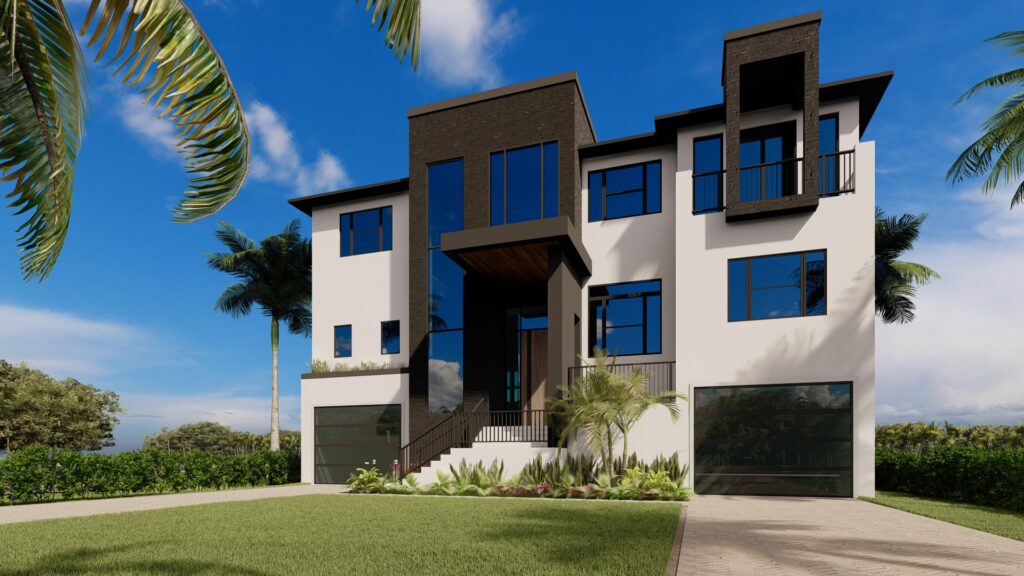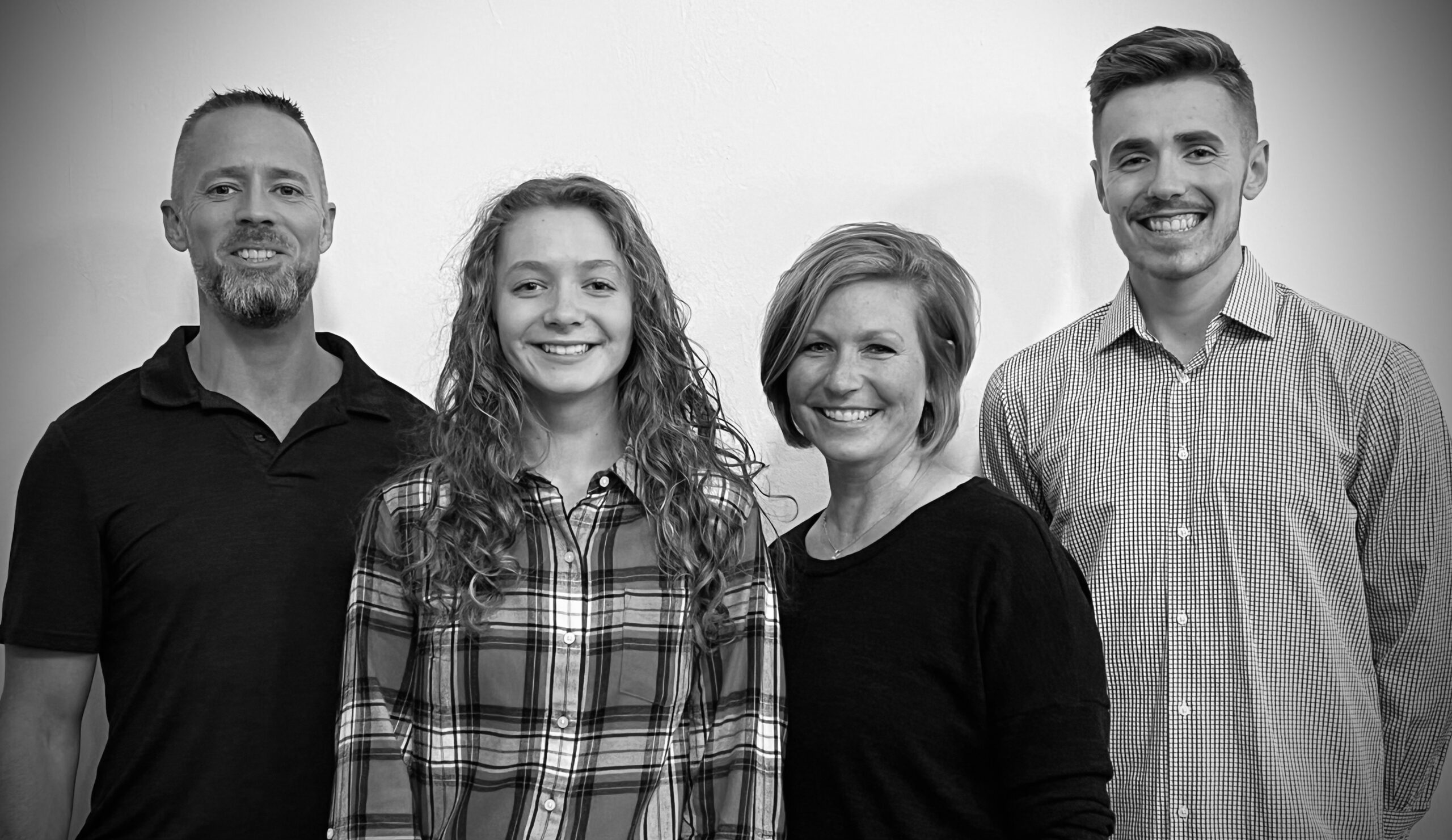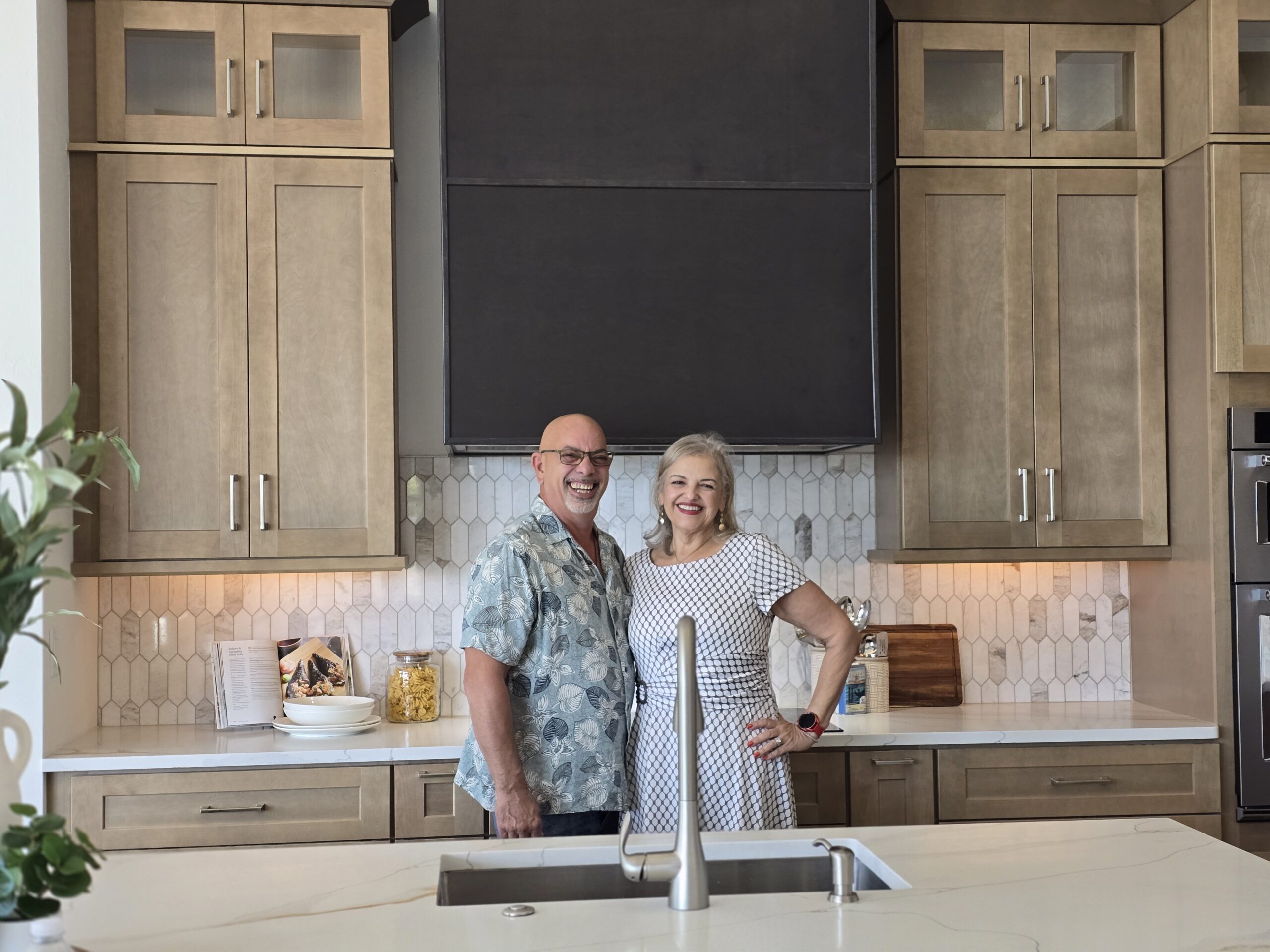In the warm and bustling city of Cape Coral, Southwest Florida, two neighboring homes present a compelling case study on the importance of energy-efficient construction and the significant impact it can have on utility bills and overall home comfort. This is particularly crucial in a region like Southwest Florida, where the climate demands a careful consideration of insulation and HVAC efficiency.
Real-Life Example in Cape Coral, FL
Customer’s Energy-Efficient Custom Home: In this example, our customer built a 2600 square foot custom home, including a heated pool and multiple refrigeration units (one main fridge and three mini-fridges). This Cape Coral residence was designed with a focus on energy efficiency, utilizing spray foam and Tuff-R insulation. The home also boasts a high-efficiency HVAC system. Remarkably, the monthly electric bill for this substantially larger home is consistently under $200.
Neighbor’s Less Efficient Spec-Built Home: The neighbor’s home, comparatively smaller at 1860 square feet and with only one refrigerator, suffers from inadequate insulation and an older, SEER 11 AC system. Despite its smaller size and fewer amenities, this home in Cape Coral incurs a monthly electric bill averaging $350.
The Impact of Insulation and HVAC Efficiency in Southwest Florida
Superior Insulation: The customer’s choice of high-grade spray foam and Tuff-R insulation significantly reduces the energy required for cooling, a crucial factor in the hot and humid climate of Southwest Florida.
HVAC System Efficiency: The stark difference in the SEER ratings of the HVAC systems in these two Cape Coral homes highlights the importance of investing in a high-efficiency system, especially in regions where air conditioning is not just a luxury but a necessity.
Broader Implications for Florida Homebuyers
This contrasting scenario offers invaluable insights for those looking to buy or build in Cape Coral, FL and similar climates. Investing in efficient insulation and HVAC systems, though potentially more costly upfront, can lead to marked savings on energy bills. In the long run, these savings can be substantial, offsetting the initial investment.
Considering Lifestyle and Local Climate
Lifestyle Factors: The number of residents and lifestyle choices, like the use of pools and additional appliances, impact energy usage. Despite these factors, the customer’s energy-efficient choices kept the bills low.
Relevance in Southwest Florida: The humid subtropical climate of Southwest Florida makes energy efficiency in homes not just an economic concern but also a matter of comfort and health. Appropriate sizing of HVAC systems can actually make your home more comfortable, but the reason might not be because of what you think. The old way of thinking had people getting HVAC systems that were oversized for their homes so it wouldn’t have to work as hard in higher temperatures. Big Mistake.
The truth of Air Conditioning is this… the cool, conditioned air that comes out of your ducts is actually drier than the air outside. If your AC kicks on for just 10 minutes and cools the whole house to temperature, then shuts back off, it doesn’t dry the air as much. You want a system that runs slower and allows time for the humidity to drop in the home. Some houses feel cooler at 76 degrees than others at 72, just because the AC is running more often at a slower speed, drying the air in the home to more comfortable levels. This greatly affects the cost of cooling your home! Additionally, a home that forces the AC to kick on and off more frequently causes more condensation in the air handler due to constant wild temperature fluctuations, leading to a substantial increase in mold presence.
Prioritizing Energy Efficiency in Southwest Florida
The story of these two Cape Coral homes underscores the significance of energy efficiency in home construction and renovation. For those in Southwest Florida and similar climates, prioritizing high-efficiency insulation and HVAC systems is a wise decision. It’s an investment in long-term savings, comfort, and sustainability, aligning with the unique demands of the local climate. Homebuyers and builders in Cape Coral and beyond are encouraged to consider these factors seriously when making their housing decisions.
Think the Up-front Cost is too high?
It’s true… Spray foam insulation and a more efficient AC system can cost more money upfront. Even though the extra cost of about $15,000 (obviously varies largely depending on home size) might seem like a lot of money on the purchase price, you must keep in mind that if you tied that into a 30yr mortgage, it would cost about $89 per month even at 6% interest. The energy savings could far outweigh the cost tied into the mortgage. You can actually afford MORE home if you spend the money to make it more energy efficient. In fact, customers often SAVE money from buying a custom home with us rather than a spec home from a volume builder.
Call us any time, we are willing and happy to answer any home questions you might have!
-Andrew




